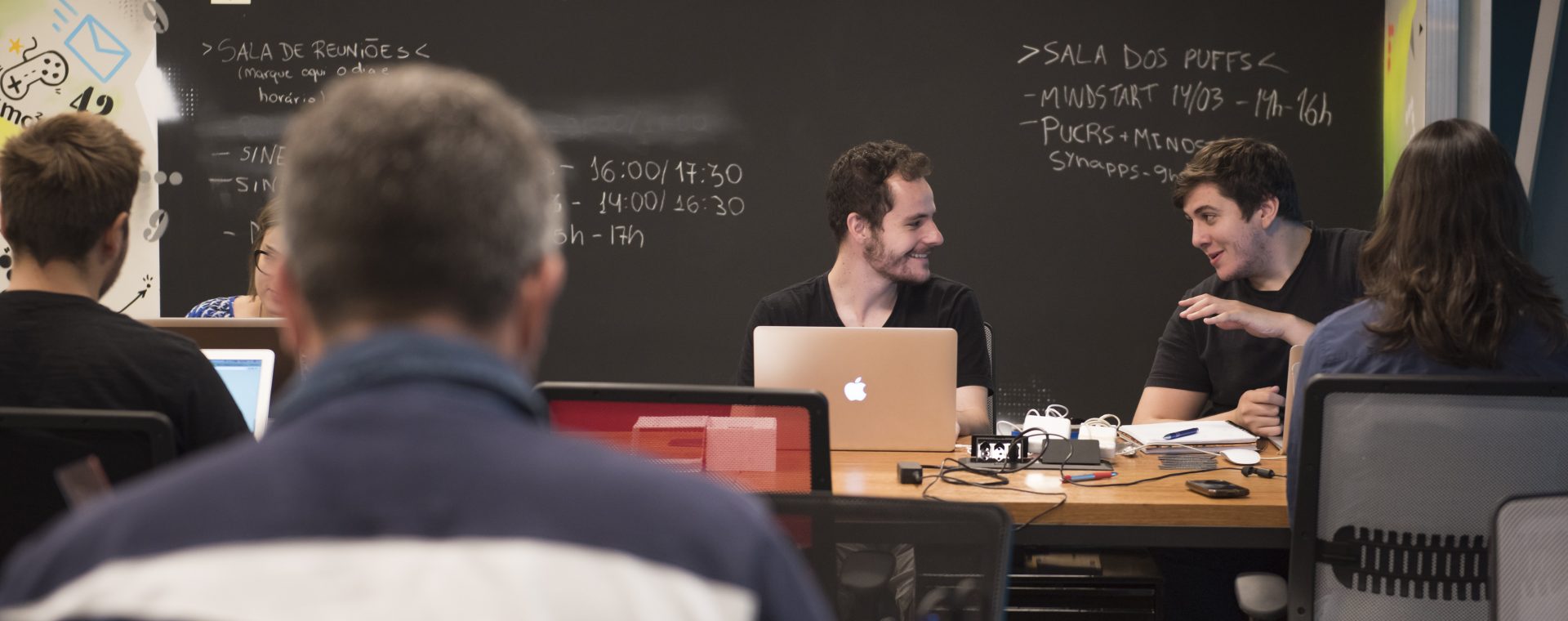
In 2016, the International Association of Science Parks and Areas of Innovation (IASP) adopted the concept of “Areas of Innovation” as places that bring together infrastructural, technological, institutional and cultural facilities that attract entrepreneurially-minded people who have new ideas and capital and are focused on innovation and enhancing the development of the knowledge society. This approach significantly transformed the perception of innovation environments, considering them as sites that, beyond work, also offer space to learn and live within the knowledge society. A place considered not only as workspaces, but also spaces that enable synergy between people and organizations, a space to collaborate and share.
This new conceptualization of Areas of Innovation implies the development of environments to live and work, where businesses and people coexist developing activities based on knowledge to generate new products and services that solve problems and challenges that have an economic and social impact, and where a smart living dimension is also incorporated in pursuit of an improved quality of life. These environments attract talented and knowledgeable people who develop their potential, transforming science and technology into sustainable economic and social development in the context of the Knowledge Society (Audy & Piqué, 2016).
Despite the apparent lag of the Latin American region in terms of Science, Technology, and Innovation (STI) indicators, initiatives have been developed based on the Areas of Innovation approach that are now recognized globally. In this context, one can note, for example, Pacto Alegre (Porto Alegre, Brazil), Porto Digital (Recife, Brazil), City of Knowledge (Panama), Ruta N (Medellin, Colombia), Nuevo León 4.0 (Monterrey, Mexico), among others, as well as numerous institutions that have set up different types of innovation environments to integrate into the knowledge economy, offering an innovative exponential growth perspective in a context of the digital transformation of society.
With a strong network of more than 350 higher education institutions across the Americas, the Inter-American Organization for Higher Education (IOHE) realized both the huge potential for capacity building initiatives in this field as well as a group of top-level researchers and practitioners leading the most relevant projects in different environments. Seeing the need to train the promoters and managers of these initiatives to design, plan and implement viable and sustainable innovation environments that promote the economy and the knowledge society, in 2017 the IOHE launched the Inter-American Innovation Environment Management Training Program (PIFGAI) with the aim of promoting the learning and development of capacities for leadership, administration and the strategic management of ecosystems and innovation environments.
The participating managers hold key positions within their different innovation environments, have diverse degrees of training and experience with the subject, and are people with strong entrepreneurial traits who act as agents of innovation; as such, the PIFGAI program’s methodological and pedagogical approach is based on the integration of professional practice into training processes, reflection on STI practice and the identification of methods, models and tools to promote the development of viable and sustainable innovation ecosystems and environments.
As a work proposal, each participant must develop a strategic roadmap for the development of a new innovation habitat or the improvement of an existing one that he is already engaged with (Intervention Project), applying the Living Lab concepts to boost new actions and experiences. To this end, participants can count on personalized tutoring and advice as well as feedback from their classmates – managers and innovation agents also working on their own roadmaps. This generates an environment that stimulates collaborative learning and the application of knowledge management practices and tools, based upon the characteristics and experiences of the innovation environments that are being developed in experimental practice.
In addition to the proposed pedagogical process, carried out through learning modules and the Intervention Project, two other activities seek to enhance the quality of the PIFGAI experience: a) a period of immersion in a recognized innovation environment, in order to get to know and share a real and effective experience; and, b) participation in the International Conference of Knowledge and Innovation (CIKI), as a way to gain greater familiarity with the state of the art of scientific and technological development based on knowledge and innovation.
In its three editions (2017-2019), 35 managers and innovation agents have participated in the program, from 10 countries of the Americas (Argentina, Bolivia, Brazil, Chile, Colombia, Costa Rica, Ecuador, Mexico, Panama, Peru), and affiliated with 24 different institutions, developing the roadmaps for 21 intervention projects, including a wide range of innovation environments such as incubators, pre-incubators, technological surveillance observatories, innovation agencies, science and technology parks, entrepreneurship centers, among others. Additionally, a key strength of the PIFGAI has been its provision of a space for interaction and networking between innovation managers across Latin America, establishing a spontaneous and effective innovation network that has been consolidated further year after year.


